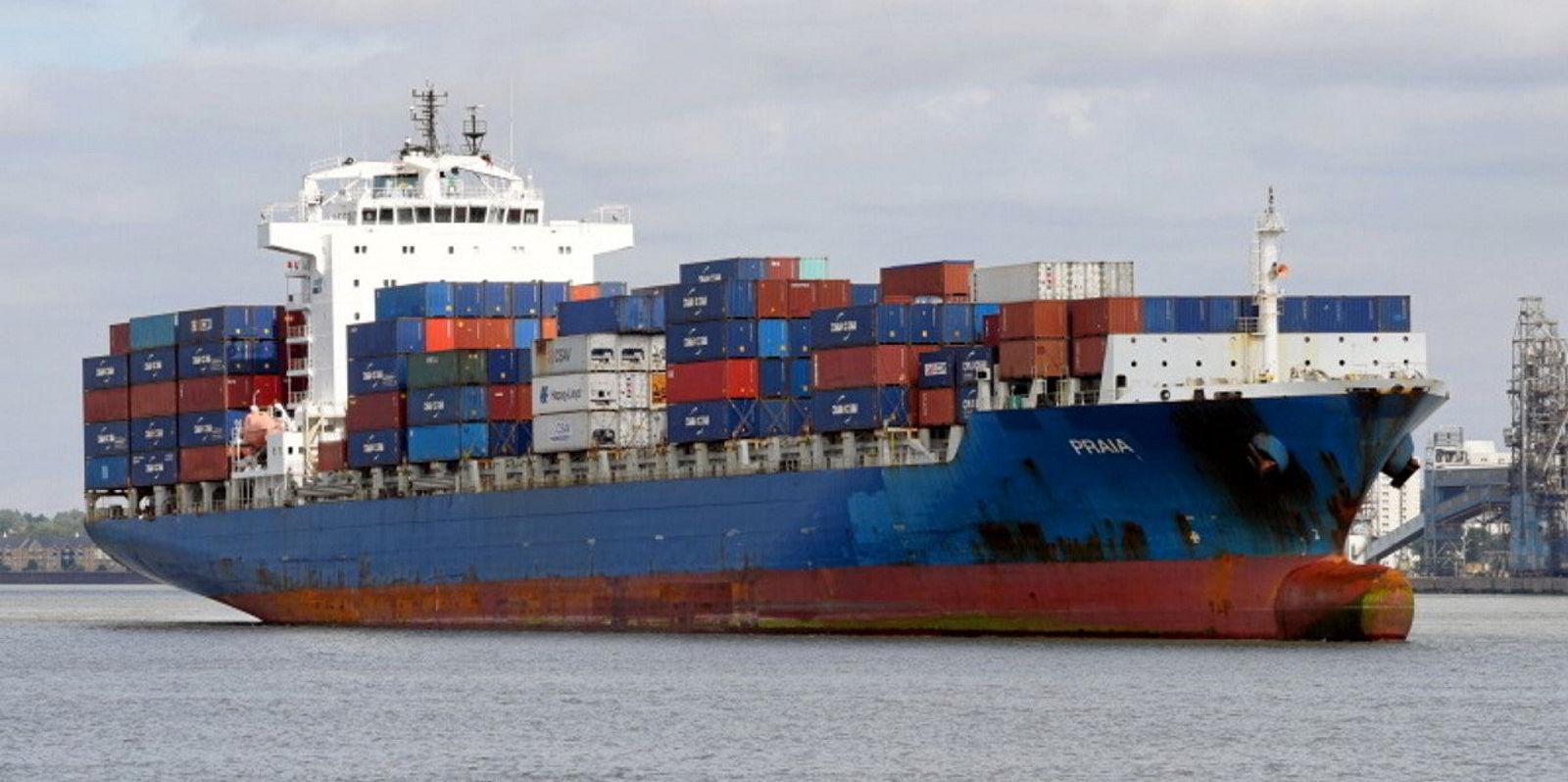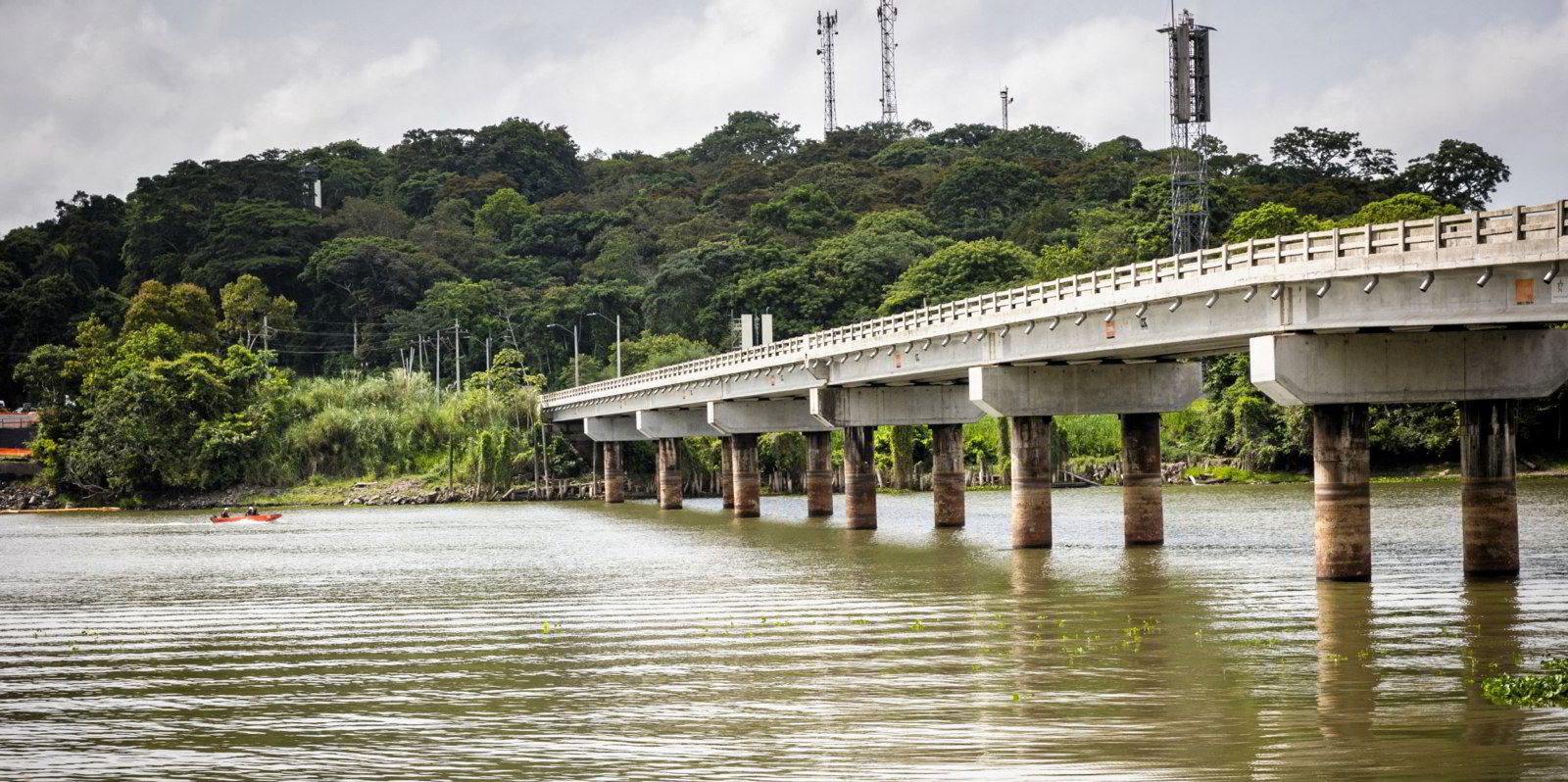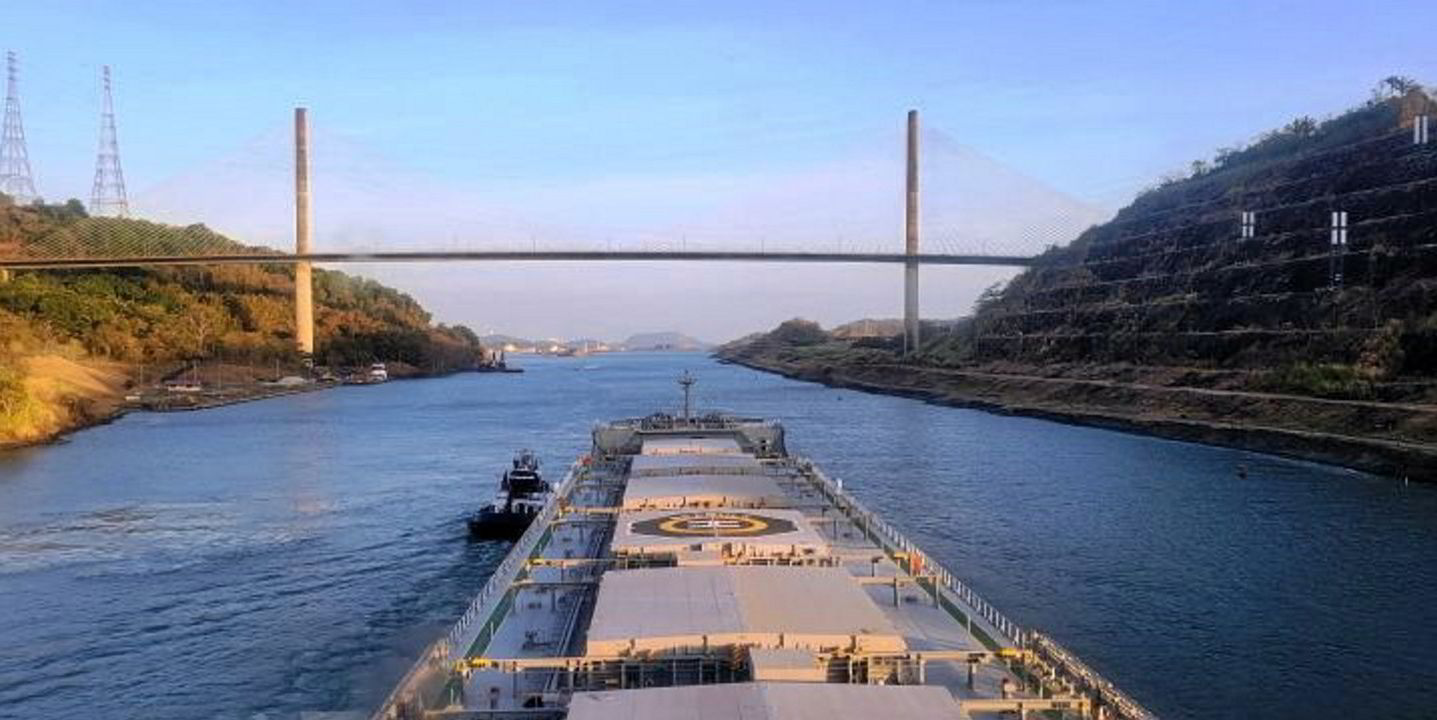Weather-related factors are emerging as the most dominant factor influencing global liner schedule integrity, Ocean Network Express (ONE) chief executive Jeremy Nixon says.
He said low rainfall in Latin America is directly impacting Panama Canal transits and water access levels on the Amazon.
He added that stronger weather systems in western and southern Africa have further adversely impacted port productivity and vessel turnaround times.
The comments come as liner operators have had to rip up schedules due to low water levels and adverse weather around the South American continent.
Denmark’s AP Moller-Maersk described the depth of the Amazon at critical passage points as having “reached levels that render the maritime operations in Manaus unfeasible”.
In October, Allianca — the company’s feeder operator provider — declared force majeure for cargoes to the port.
That saw cargoes carried on board the 3,765-teu Sebastiau Cabato and Fernao de Magalhaes, and 2,700-teu Log-In Polaris (all built 2013) discharged in other ports.
French liner company CMA CGM has implemented a Low Water Surcharge of of $2,100 per teu for all cargo to and from Manaus as of 22 October.
The low water level had limited shipments and discharges of vessels on its Manaus Shuttle service, which is operated by the 3,534-teu Bomar Praia (built 2009) and 3,400-teu Express Brazil (built 2010).
“The weather conditions that generated these restrictions continue unstable, which does not allow us to currently provide a forecast of improvement,” CMA CGM said.
Delays to grow
Adverse weather is also causing problems in the southern Brazil port of Navegantes, which has been closed for most of October due to strong currents caused by heavy rains.
Lines including Maersk, Hapag-Lloyd, and CMA CGM have declared force majeure to the port.
Cargoes from vessels serving the port including the 10,000-teu CMA CGM Jacques Junior (built 2013) have been offloaded at alternative ports.
The disruptions appear to have had a wider impact on services to the South American continent.
Israeli liner operator Zim has announced a General Rate Increase (GRI) for all cargo from East Coast South America from 1 November.
That comes on top of the long-running issue of low water levels in the Panama Canal.

Beginning in November, the Panama Canal Authority will further restrict the number of daily transits to 31 from the normal 36, says logistics provider Flexport.
That could mean container services “will begin to see delays which they’ve been able to previously avoid”, likely in the region of two to three days.
Flexport added that ocean carriers are expected to communicate when safe operations can resume.





